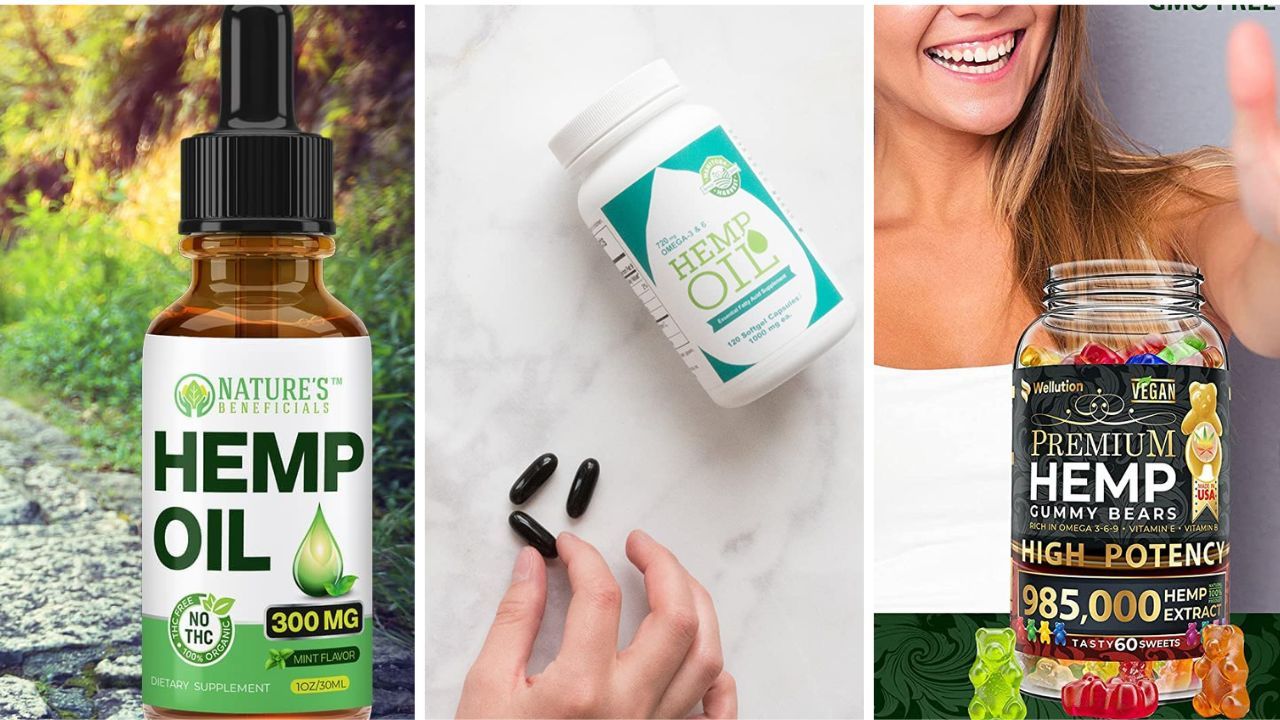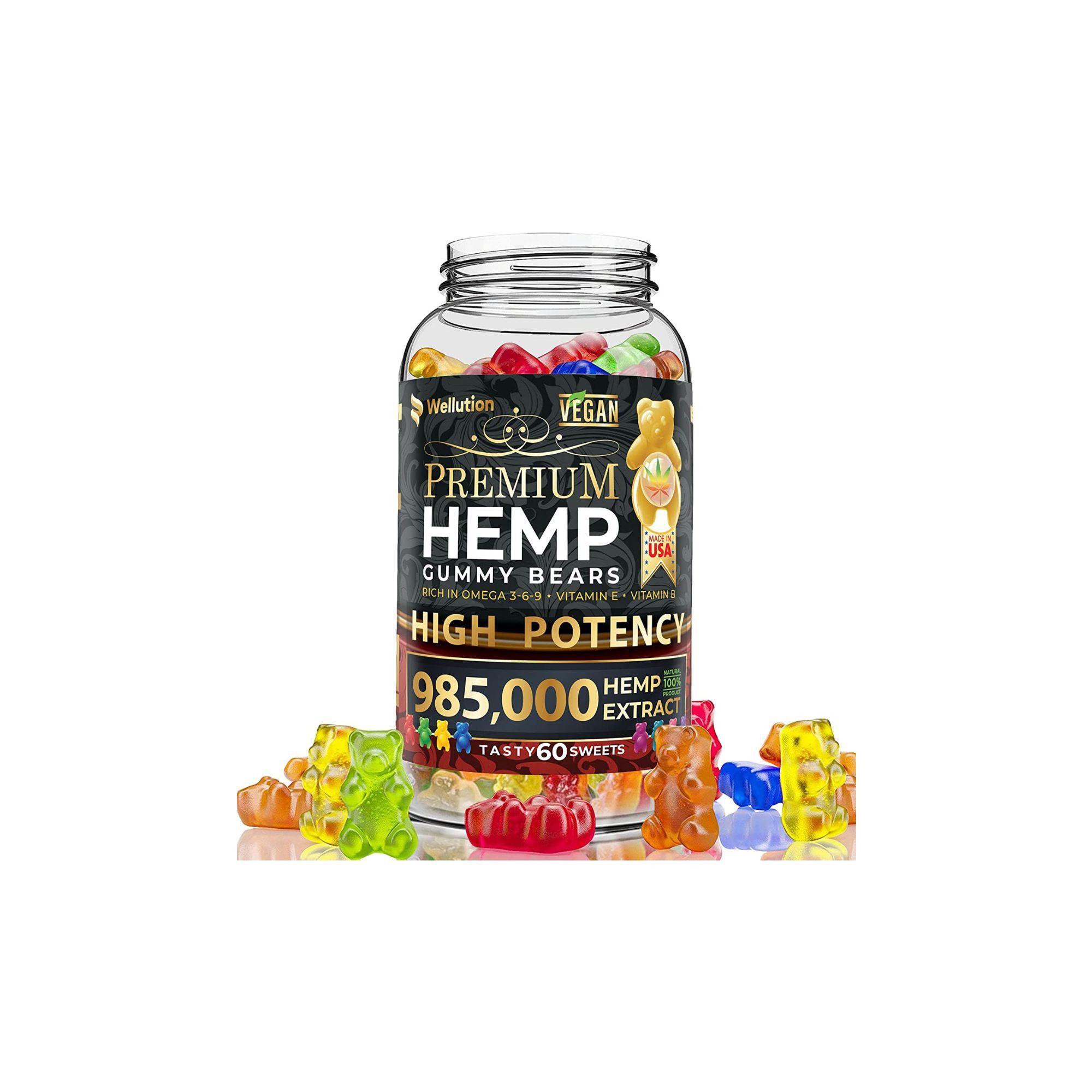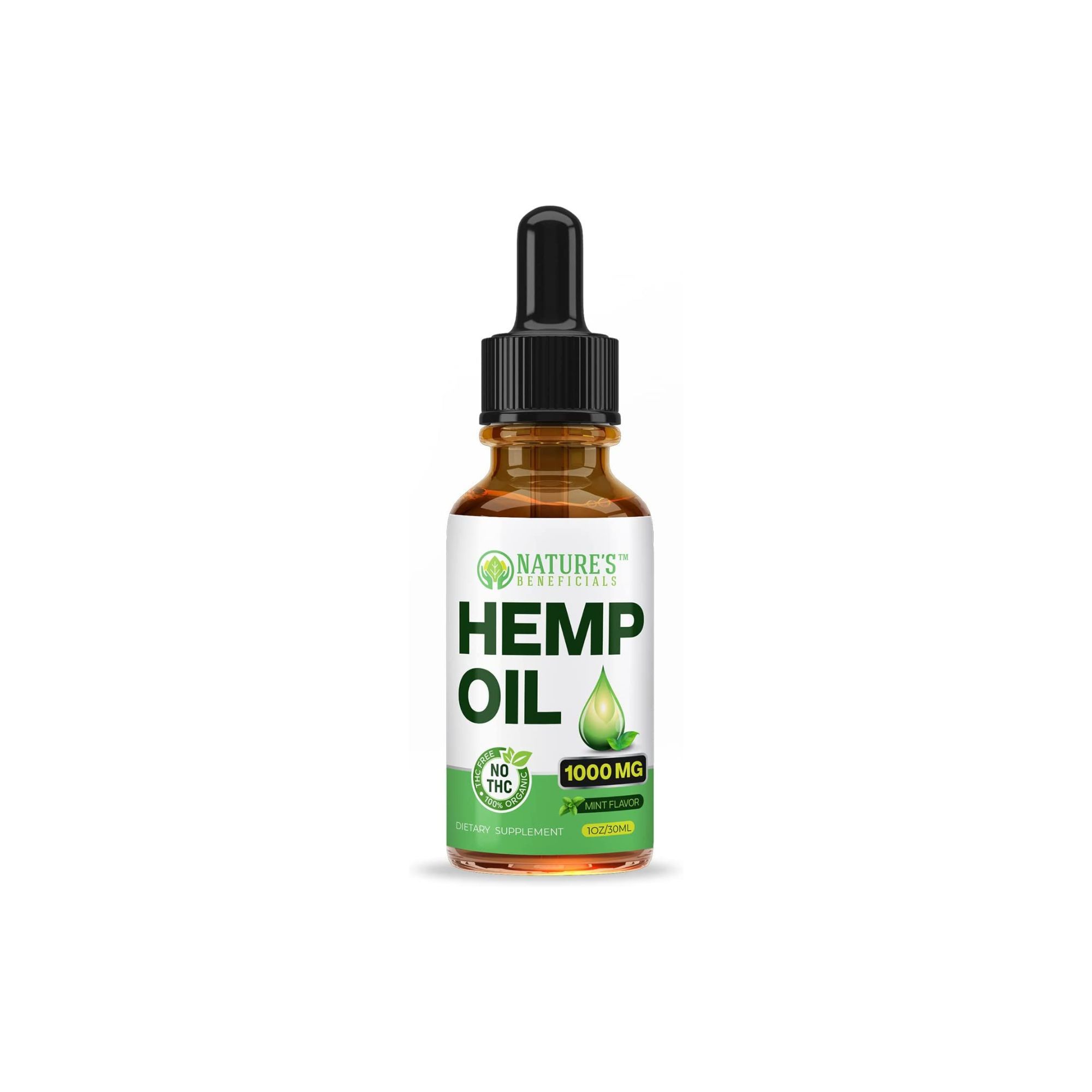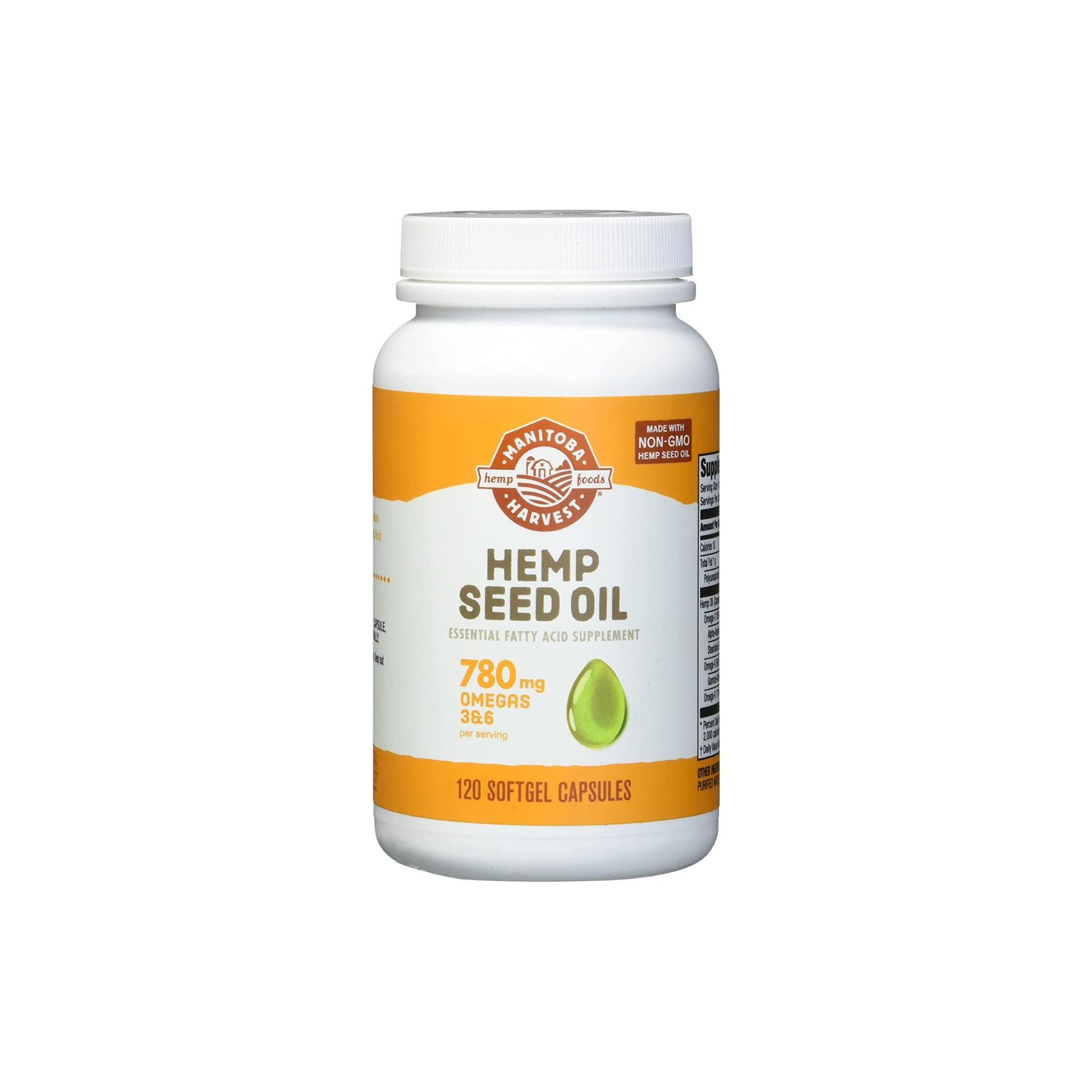Here's Why You Should Take CBD For Seasonal Allergies This Spring To Get Relief
Get relief from seasonal allergies with CBD. Research shows that CBD can provide relief from itchy eyes, sneezing, and other allergy symptoms.

According to the American Asthma and Allergy Foundation, 50 million people suffer from allergies each year. The spring and summer months fill with pollen, and hay fever hits hard with a host of annoying symptoms.
Along with beautiful blossoms and lush greenery, constant sniffling, runny nose, and sore throat can be unpleasant symptoms. Allergy sufferers often reach for powerful antihistamines, including Benadryl for relief. But what about CBD oil and cannabis?
With so many potential health benefits available from CBD, there’s no surprise people ask if CBD oil can help with allergies. Using CBD oil for allergy symptoms can help you avoid taking antihistamines that can make you feel drowsy. As people increasingly seek out natural ways to improve their health and wellness. CBD for allergies is quickly becoming a popular way to improve overall health. Here are some of our favorite CBD products.
We independently research, review and recommend what we think are the best products that meet your needs. If you buy a product through one of our retail links, we may earn a small affiliate commission at no cost to you.
Studies suggest that CBD oil products may be helpful for people who suffer from allergies. Try CBD oil to see if you think it works for you. It's important to talk to your doctor if you have any medical concerns, and before taking any supplements.
This natural peppermint-flavored hemp oil is made using the best parts of the green hemp plant - from seeds to stalks! The company created an innovative industrial hemp formula that combines all the beneficial nutrients from this medicinal plant. This industrial hemp is grown on organic farms in Colorado and the hemp oil is manufactured in a GMP-certified facility in the USA.
Hemp oil is a great way to get your daily dose of omegas including Gamma-Linolenic Acid (GLA). Hemp oil soft gels are perfect for on-the-go. These don't need refrigeration and have a long shelf life, so no worries about them expiring! A plant-based fish oil alternative, cold-pressed from hemp seed that is grown sustainably without the use of herbicides, pesticides, or preservatives.
Does CBD work for seasonal allergies?
It’s essential to understand that CBD isn’t something that can be used as a cure-all, especially for severe allergies. Research suggests that CBD may have an effect on allergies. For example, a 2014 animal study found that rats treated with a-pinene, an ingredient in cannabis, had fewer allergy symptoms than untreated rats. You’ll find terpenes in full-spectrum and broad-spectrum CBD products.
A new animal study published in 2019 looked at the effects of CBD (cannabidiol) on allergic asthma. Mice that received CBD treatment had fewer symptoms, including airway inflammation.
A user from Reddit writes:
"It has also improved my appetite, quality of my sleep, body aches, and energy levels." What I didn't anticipate was for it to eliminate my seasonal allergies and asthma. "For once, I can breathe both my lungs and nostrils without having to drown myself with cetirizine (antihistamine drug)"
What cause seasonal allergies?
If you experience allergic symptoms that occur at specific times of the year, you might have a seasonal allergy, or allergic rhinitis. An allergy happens because the body's immune system is activated when it identifies potential allergens as foreign to the body.
Trees are the most common spring season allergens. Most of the pollen that comes from trees exists in the spring when plants start growing again and flowers bloom. Dust flows into the air conditioning system during winter and causes seasonal allergies.
Pollen particles go into the air, and when someone inhales them, they activate immune system mechanisms. Some of the trees that cause allergies in the United States are willow, cedar, alder, and poplar.
Is it safe to try CBD for allergies?
The World Health Organization considers CBD pretty safe. However, CBD shouldn't be used to treat a serious allergic reaction. You should avoid using it if you know you're allergic to terpenes (or any of the ingredients) in the products you want to try.
Common side effects from CBD include anxiety, panic attacks, and paranoia. Some people may experience side effects such as diarrhea, fatigue, appetite change, and weight changes.
The FDA isn't as strict when it comes to CBD products so do your research before buying them. Talk with your healthcare professional if you're thinking about using CBD since it might interact with certain medication and vitamins.
How to use CBD for seasonal allergies?
As the seasons change and allergies become more of an issue, one key preventive measure you should take is CBD. Make sure to stock up on your daily dose of CBD and be aware of signs related to histamines and allergies, so you can keep them at bay.
CBD's growing popularity is due to its unique benefits. To avoid any allergic reactions, you need to be aware of what sets off your allergies and take action accordingly.
Symptoms of allergies
If you're exposed to common allergens such as pollen or mold, your immune system may react negatively to them, but they aren't dangerous. This activates your immune systems to protect your body by producing chemicals, including histamines, that cause a hypersensitive reactions. Symptoms of seasonal allergies may range from mild to severe including:
- Nasal congestion and runny nose
- Sneezing
- Shortness of breath and coughing
- Scratchy throat
- Itchy nose and watery eyes
- Rashes and hives
Most people don't just get allergies during the spring. However, people who suffer from a severe allergic reaction may also experience more frightening allergy symptoms such as wheezing and shortness of breath.
If you suffer from hay fever and asthma, seasonal allergens can trigger an asthma attack, which may lead to difficulty breathing, which can be serious or even life-threatening.
CBD for your wellness
For decades, industrial cannabis was effectively banned as being identical to marijuana, limiting research potential. Cannabidiol (CBD) is considered by the FDA to be a food substance, and claims made about CBD's effects are not evaluated, meaning it cannot be used as a remedy to cure or treat any disease, or condition.
CBD for inflammation
A study has shown that CBD may help alleviate allergy symptoms by blocking histamine release, and ease inflammation.
According to a 2015 study, CBD reduces inflammation through multiple mechanisms in the body and has the potential to be an effective therapy for a variety of inflammatory diseases.
CBD can be an effective treatment for allergies. The severity of the allergic reactions varies from person to person and CBD is one of the most natural ways to reduce allergies symptoms.
CBD as an antihistamine and anti-inflammatory
According to a study from 2005, CBD has some pretty cool effects on our respiratory system - it can boost immunity and act as an anti-allergic. Plus, it can potentially bring multiple health benefits that come with cannabis!
“Cannabinoids have been known to put a damper on the immune system. When it comes to the inflammatory functions of mast cells, cannabinoids have an anti-inflammatory effect.”
Allergies can make your nose and throat really swollen. CBD reduces inflammation and eases the effects of allergies. Cannabis forms like vape pens, edibles, and capsules can give you a dose of CBD without aggravating your throat further.
CBD for the immune system
Allergies can be a real pain, but CBD can help make life easier! Cannabinoids in CBD are like immune system-boosting superpowers - they boost the body's overall immune system and help fight allergies.
Cannabinoids possess anti-inflammatory properties, which makes them much more useful for treating existing diseases than for preventing disease. For those with an overactive Immune System, taking probiotics may be the best choice in order to fight illness.
We know of more than 100 minor cannabinoids, but THC and CBD are the 2 main cannabinoids. According to research, both act as immune-suppressing agents, making them promising when it comes to treating autoimmune diseases.
CBD types
If you're looking for just pure CBD, then CBD isolate is the best option. Just make sure to double check as there's always a slight chance that your product could include a trace amount of THC from the cannabis plant! Full-spectrum CBD oil has a little bit of everything — including tiny amounts of THC — but not as much as broad-spectrum CBD.
You can buy CBD oil in different forms. Companies sell CBD products including oils, capsules, gummies, and more. If you're interested in treating a skin condition, using a CBD cream may be helpful. Start with a small dose if you haven't tried CBD before. It’s important to determine whether CBD causes any serious side effects before taking or applying more of it.
If you've got allergies and hay fever, you might want to try cannabis or CBD as an alternative treatment. All the evidence suggests that it could be better than conventional medicine – both anecdotally and clinically!
Studies indicate that CBD might be your ticket to a season without allergies. Before you try the CBD, better check with your doctor first since a serious allergic reaction can cause some major breathing problems if left unchecked!




